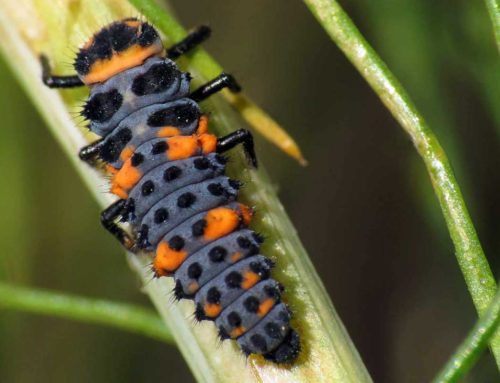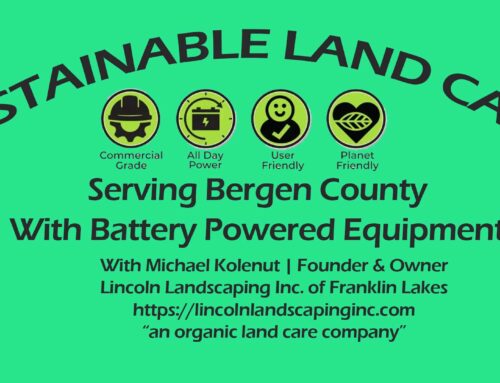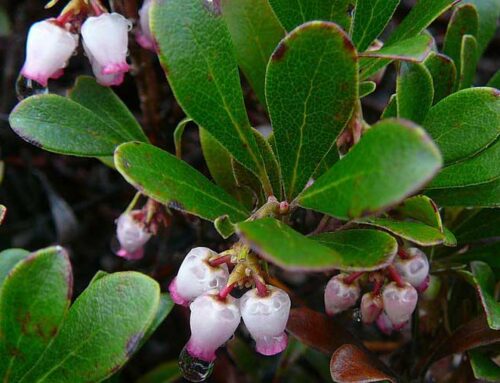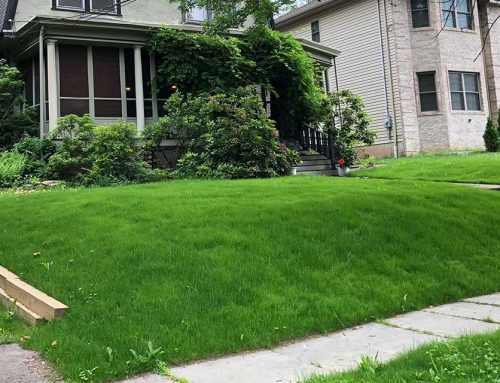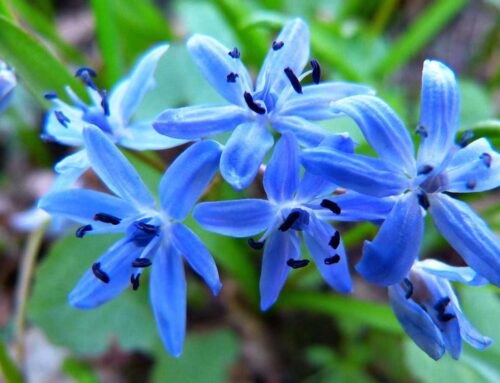Corridors of Habitat
Sustainability with Native Plants
While driving on the New Jersey Turnpike in early May I espied a beautiful and wondrous sight. An expansive and long “Corridor of Habitat” comprised of Milkweed Asclepias, black locust (Robinia pseudoacacia) in all its glory with it’s magnificent display of white flowers beckoning the wildlife, and Red Elderberry (Sambucus racemosa) which are also excellent plants for wildlife gardens too. Many birds and small mammals love the berries and it is a host plant for a number of butterflies and moths, most notably the Cecropia moth, North America’s largest moth. It was such a lovely site to behold.
Imagine my horror when further down the turnpike I came across a large maintenance vehicle just spraying the daylights out of this area to maintain the guardrails. “OMG I throught to myself. What are they doing? They are destroying the planet”.
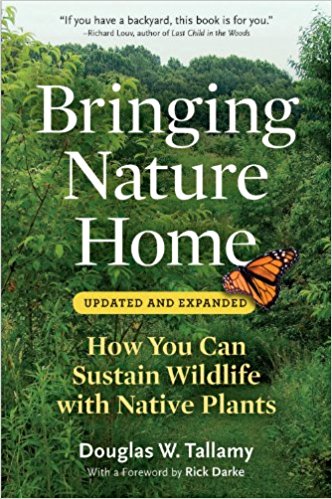 Mother Nature built this eco-system over millions of years because THIS IS WHAT WORKS and THIS IS WHAT IS NECESSARY. And here we are with all our knowledge and know-how destroying it within weeks. Again I asked myself, “what are we doing to our home”.
Mother Nature built this eco-system over millions of years because THIS IS WHAT WORKS and THIS IS WHAT IS NECESSARY. And here we are with all our knowledge and know-how destroying it within weeks. Again I asked myself, “what are we doing to our home”.
As development and habitat destruction accelerate, there are increasing pressures on wildlife populations. In Bringing Nature Home, Douglas W. Tallamy reveals the unbreakable link between native plant species and native wildlife—native insects cannot, or will not, eat alien plants. When native plants disappear, the insects disappear, impoverishing the food source for birds and other animals. We have destroyed natural habitat in so many places that local extinction is rampant and global extinction accelerating. This is a growing problem for humanity because it is the plants and animals around us that produce the life support we all depend on. Every time a species is lost from an ecosystem, that ecosystem is less able to support us.
At Lincoln Landscaping of Franklin Lakes we strive and endeavor to create these “corridors of habitat” yard by yard and property by property, because that’s the way it should be. We need healthy environments in which to raise our children, to grow our food, and to sustain our atmosphere.
Ironically, shortly thereafter I planted some native Redbuds (Cercis canadensis) within a client’s residential beds. Eastern Redbuds are native throughout most of the eastern U.S and its pink flowers, borne in tight clusters along the stems and branches before new leaves appear, create a showy spring display. Most people never forget the first time they see a redbud tree in full bloom. Much to my surprise and delight, they were so impressed with the redbuds that we planted that they went to Warwick N.Y. and purchased me two Red Elderberry (Sambucus racemosa), one a male, the other female, for me to plant in my own residential beds at home. Needless to say I was besides myself with gratitude and in awe of their generosity.
“fascinating study of the trees, shrubs, and vines that feed the insects, birds, and other animals in the suburban garden.”
“Provides the rationale behind the use of native plants, a concept that has rapidly been gaining momentum. . . . The text makes a case for native plants and animals in a compelling and complete fashion.”
“This is the ‘it’ book in certain gardening circles. It’s really struck a nerve.”
“Reading this book will give you a new appreciation of the natural world—and how much wild creatures need gardens that mimic the disappearing wild.”
“A compelling argument for the use of native plants in gardens and landscapes.”
“An essential guide for anyone interested in increasing biodiversity in the garden.”
Need some help implementing or getting started with organic lawn and gardening? Give us a shout and we can help you. At Lincoln Landscaping cultivating the environment is our life and livelihood. It is our number one goal to help our clients create and maintain beautiful landscapes while reducing the impact on the environment. Whether you are interested in a pollinator landscape garden design and build or other landscaping or property management project; we can create for you an environmentally friendly, organic and beautiful property.
Together with you, we create sustainable Eco-Systems. As the Navajo Indians would say “Yua Tah Hey”
More excellent choices for learning about Sustainability are available on our “food for thought” page.
Lincoln Landscaping “The Natural Choice”
Mike Kolenut President & CEO
https://lincolnlandscapinginc.com
(201) 848-9699




